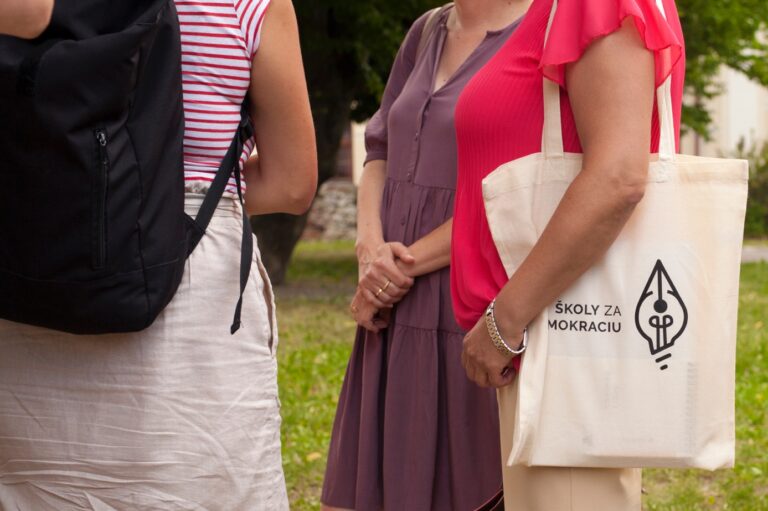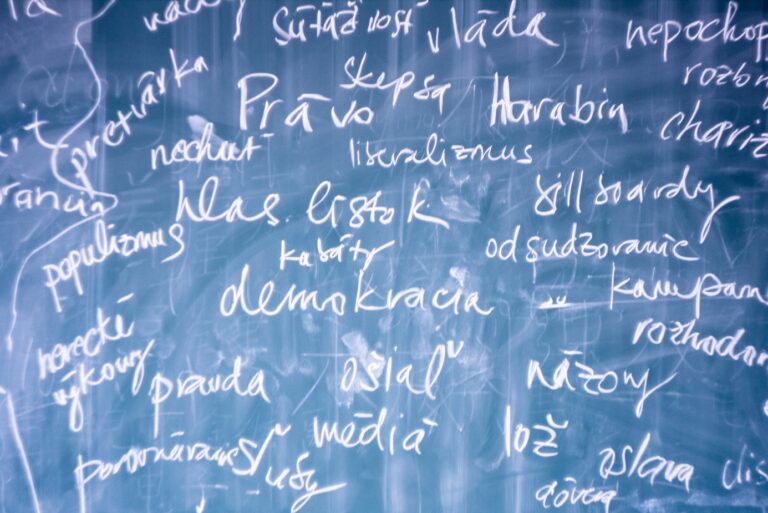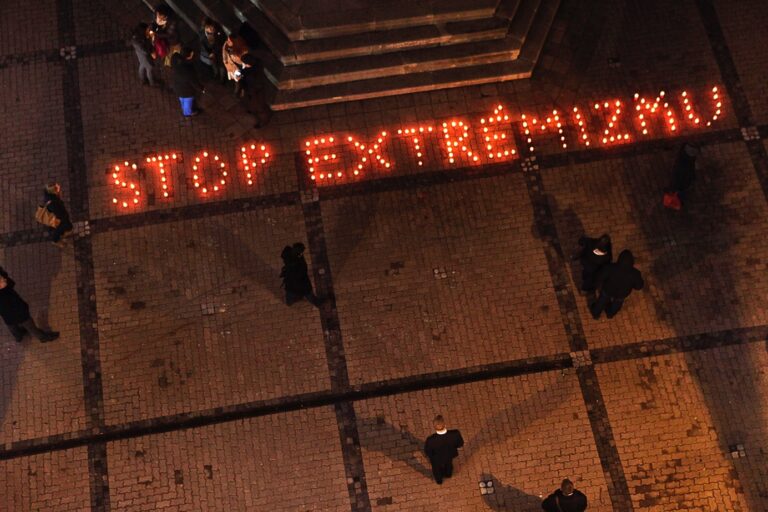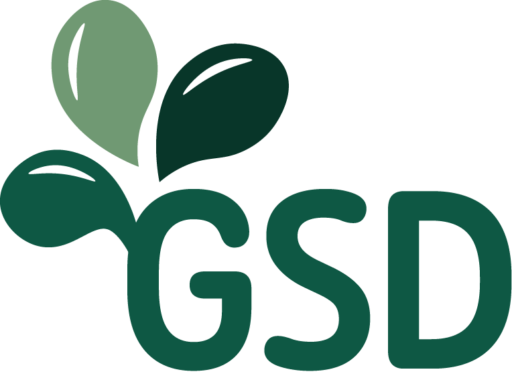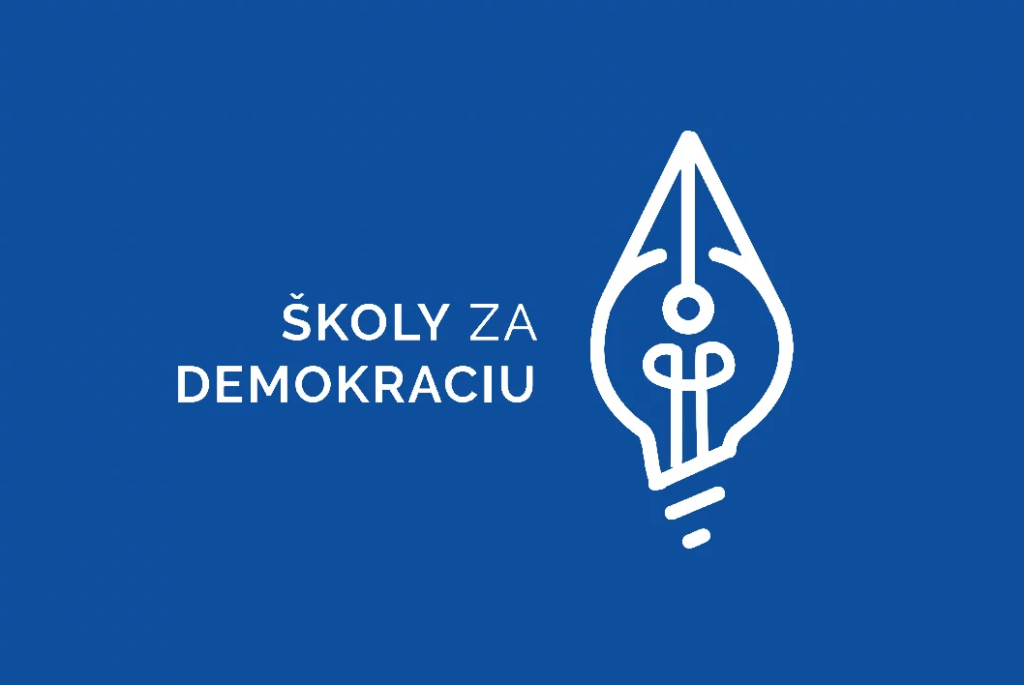
Schools for Democracy
Learners' Stories
For 25 years, the Center for Community Organizing (CCO) has been working on the topic of civic engagement using the tool of community organizing. In 2013, after Marián Kotleba – the neo nazi guy – was elected as the region’s chairman, we at CKO started to focus more on the topic of fighting and later preventing violent extremism and radicalization.
Gradually we began to understand that the topic of increasing polarisation, radicalisation and extremisation is not a topic of the Banská Bystrica region, but also of the whole country. That is why we started to focus more and more not on fighting, but on prevention.
At these moments, the first ideas of a systematic educational programme were also emerging, which would patch the holes in the formal education system, where new approaches and contents in civic education were woefully absent. And yet education is the main thing that shapes a young person and can help them to grow into individuals who recognise values such as democracy, respect, freedom and equality.
From our experience in human rights education, civic engagement, and international partnerships, we created a robust and year-round Schools for Democracy education program in 2017, which has since been implemented in dozens of schools and reaches more than 1,000 young people annually.
However, what has long been absent from the programme has been the drawing in of key stakeholders, namely teachers.
This project therefore focused on how to adapt the methodology for young people to make it suitable for teacher education and also how to motivate them to apply the different educational components to their teaching practice.
First of all, we focused on the needs of the teachers themselves, and in the schools where we work with the programme, we did an initial survey of their needs. From this we found that teachers want to:
– Know about new tools in civic education;
– know the power of stories;
– to know methods that would help them understand where young people are in their perception of social challenges and values.
Consequently, we selected 3 core compontens in medotics and adapted them based on the expectations from the teachers. Thus, we created a 3-day learning cycle that focused on:
– Informal education on human rights using sociometry;
– exercises to improve critical thinking;
– a methodology for retelling stories, the so-called Living Library.
In this way, we tested all the compotents over 3 days, plus we created supplementary material on the online platform Articulate 360, thus creating a comprehensive, blended learning training for teachers.
In the final session, we reviewed the process itself, from which emerged the need for further training and the creation of a year-long cycle for teachers.
We are already looking forward to the new challenges.
Gallery
